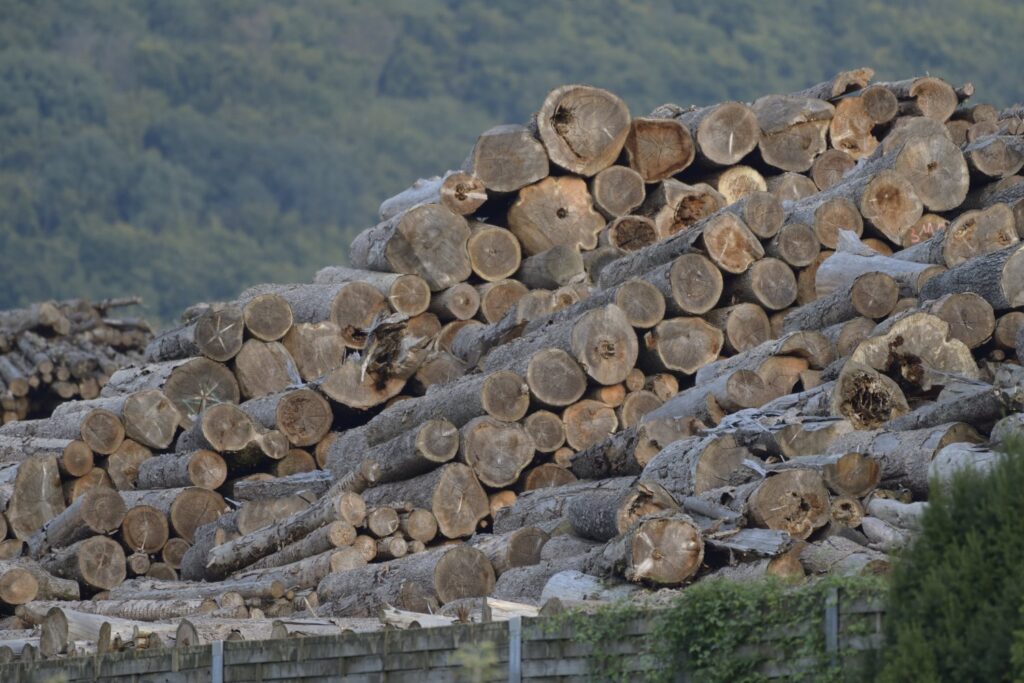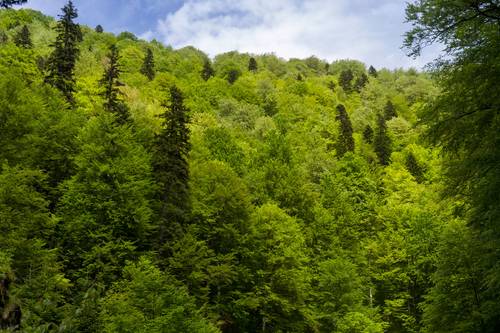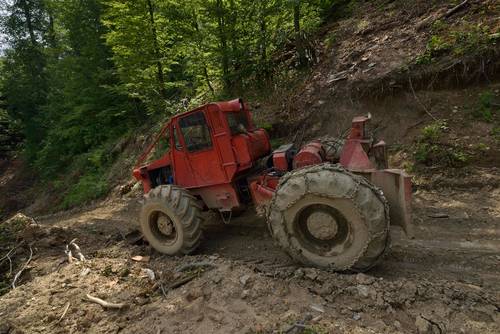EuroNatur and Agent Green welcome the Glasgow Declaration on Forests as an expression of will of a large number of states including some major drivers of forest destruction to improve forest protection. However, the paper remains vague, the deadline of 2030 comes far too late and signatories – including Brazil, Russia, Canada, US, UK as well as Romania – do not give any details how the implementation will be tracked and how it will be enforced.
“Although the Declaration indicates a potential change in attitude of forest destroyers, it falls short and comes years too late. We cannot wait another ten years for forest destruction to be stopped, an immediate change is needed. Logging needs to end as much in the EU as it does in the Amazon. In many European countries, to a large extent, natural forests have been degraded and converted into plantations of low ecological value over the past centuries. Still, the few remains of natural forests are largely not spared from destructive logging, in particular in countries like Romania or Sweden. It is of utmost importance that the ongoing massive devastation of natural and old-growth forests is being stopped within the next few years. If loggers will get ten more years to operate, a large propoprtion of the EU’s high biodiversity value forests outside strictly protected areas will most likely be gone – a disaster for both climate and biodiversity,“ says Annette Spangenberg, Head of Nature Conservation at EuroNatur Foundation.
“The implementation of the Declaration will be key. Similar declarations on voluntary action to protect forests in the past failed greatly. This new declaration comes after the 2014 New York Declaration on Forests which included the commitment of governments to cut forest loss by half until 2020. Unfortunately, the rate of natural forest loss and destruction has dramatically increased in recent years. Our forests need urgent and bold conservation action now – and a change in forest management from greedy clearcutting to close to nature management. Furthermore, EU needs to ban burning of forest biomass from its list of sustainable and renewable energy sources. Emitting woodborne CO2 into the atmosphere is adding massively to climate heating and is not at all ‘climate neutral’ or ‘zero emission’,“ says Gabriel Paun, President of the Romanian environmental NGO Agent Green.
The Glasgow Declaration focuses on deforestation, which means the permanent loss of forests, e.g. caused by converting land for agricultural use. At the same time, the paper, and thus the signing states, remain largely silent on the devastating impact of ongoing logging of natural forests all over the world. It is using the often misused term of “sustainable forest management” without defining the exact meaning. This however would be important as, technically, even the giant clear-cut areas in Sweden are still counted as “forest” in the official registries and clear-cut forest management is being praised as “sustainable”. Logging of ecologically mature forests results in deterioration of forest biodiversity and carbon storage, similar to deforestation and permanent forest loss.
Very likely, the EU’s forest industry is not going to lose any sleep over the Glasgow Declaration, which will most likely also not lead to an end to clear-cuts in old-growth forests in Romania, Sweden, Estonia, the US or Canada – where those forests are increasingly being logged as the biomass and pellet industry is spreading its business.
EuroNatur and Agent Green call on the European Commission and the EU member states to ensure that the degradation and destruction of natural forests in the European Union by logging is stopped immediately. Strict protection of all old growth and primary forests is also stipulated in the EU Biodiversity Strategy 2030. However, many of the EU member states such as Romania, Finland, Poland or Sweden continue to log natural forests on their territories – also in state-owned forests. This must be ended immediately. Signing nice-worded papers while at the same time actively pursuing the destruction of nature is hypocritical and unacceptable.
EuroNatur and Agent Green also call on the European Commission to accelerate the EU infringement procedure against the Romanian State to ensure that the destruction of EU Natura 2000 protected natural forests is stopped before it is too late for many precious forests and that the Glasgow Declaration on Forests does not wait another minute to be implemented.





